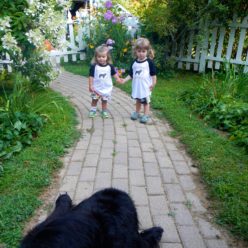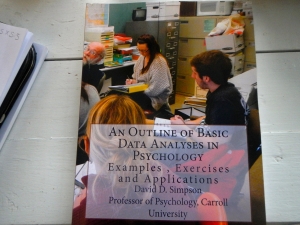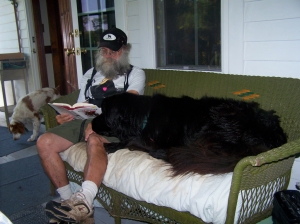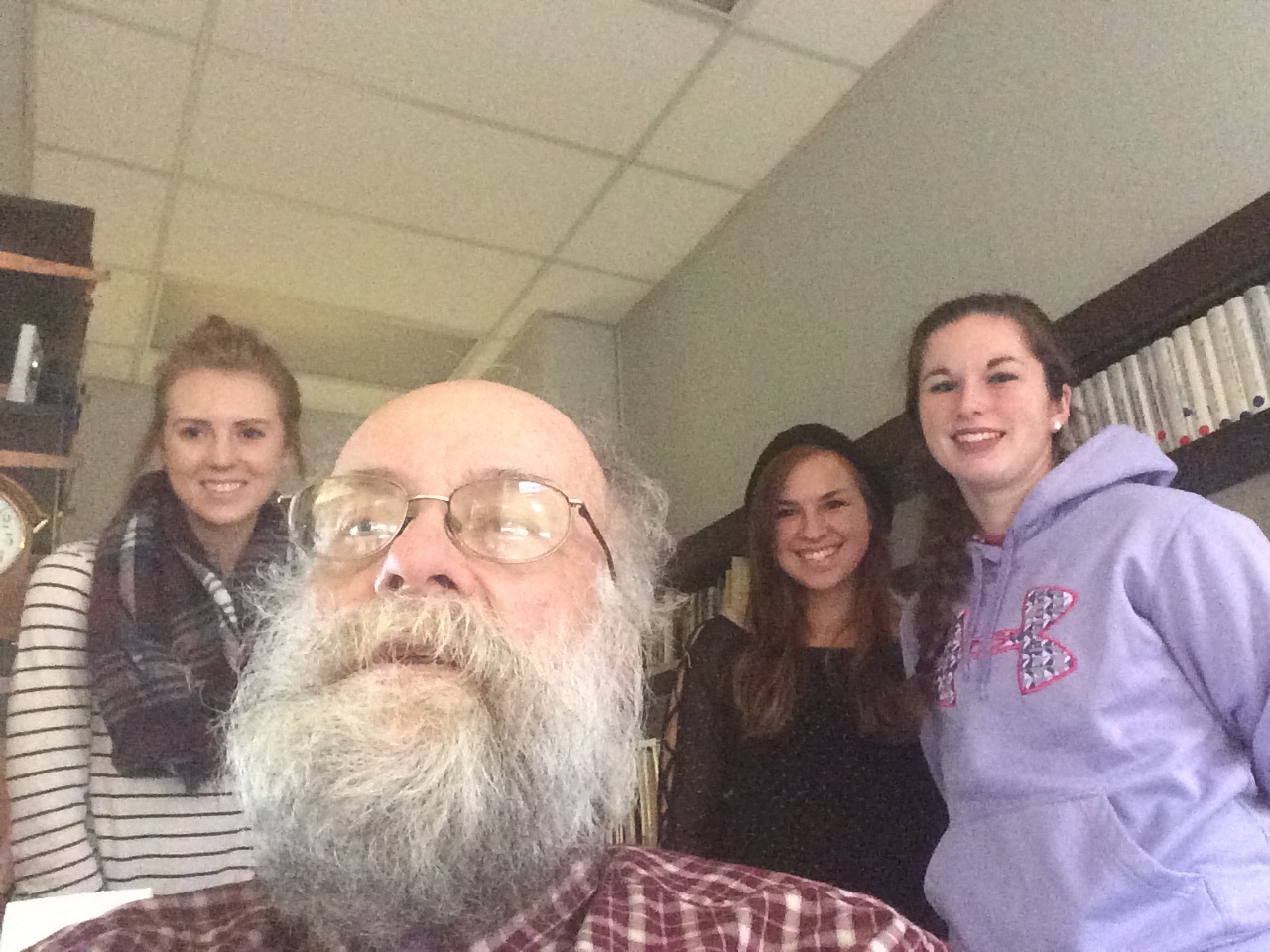
“What good books have you read this year?” recently asked my former student and fellow bibliophile, Susan Gusho recently on FaceBook. Susan, who like so many former students, continues to influence me in what I read and how I teach. Though I do not read as much or as widely as colleagues like Hugo Hartig, who since retiring, has often shared his annual reading list on FaceBook, I try to read books for pleasure on a regular basis.
Here are books I have read this year that were well worth my reading:
- David Mitchell’s Slade House: A Novel
- Lauren Groff’s Fate and Furies: A Novel
- Robert Galbraith’s (aka JK Rowling) Career of Evil (Comoran Strike)
- Carroll Colleague John Garrison’s Glass (Object Lessons)
- Cixin Liu’s The Three-Body Problem and The Dark Forest. Alas, I must wait until August for the translation of the third part of this science fiction trilogy.
- Harper Lee’s Go Set a Watchman: A Novel
- Steven Jarvis’ Death and Mr. Pickwick: A Novel
- Neal Stephenson’s Seveneves: A Novel
- Ann Morgan’s The World Between Two Covers: Reading the Globe
- Naomi S. Baron’s Words Onscreen: The Fate of Reading in a Digital World.
- Emily St. John Mandel’s Station Eleven.
- Anthony Doerr’s All the Light We Cannot See (Thank you, sister-in-law Becky O’Connor for giving this to me—and for instilling the love of reading in children and adults).
- Kazuo Ishhiguro’s The Buried Giant
- Sian Beilock’s How the Body Knows Its Mind: The Surprising Power of the Physical Environment to Influence How You Think and Feel.
On my short list of books to read (or finish) over the holiday break—I don my invisibility cloak from Carroll on December 18 until January 19)—- are the following:
- Brian Selznicks The Marvels
- Mark R. Schwen’s Leading Lives that Matter: What We Should Do and Who We Should Be.
- Douglas Rushkoff’s Present Shock: When Everything Happens Now (Thank you, Davis Endries, for calling my attention to this book.)
- Jonathan Franzen’s Purity: A Novel
- Oliver Burkeman’s The Antidote: Happiness for People Who Can’t Stand Positive Thinking. (Thank you, David Lewis for alerting me to this gem).
- Martin James’s A Brief History of Seven Killings. (Thank you, Susan Gusho, for sharing from Kansas your book recommendations. You know what I will like.)
- Maria Konnikova’s The Confidence Game: Why We Fall for It Every Time.
- Roger Angell’s This Old Man: All in Pieces
- Joan Hustace Walker’s Great Pyrenees (Complete Pet Owners Manuals) (Recommended by Leo The Great)
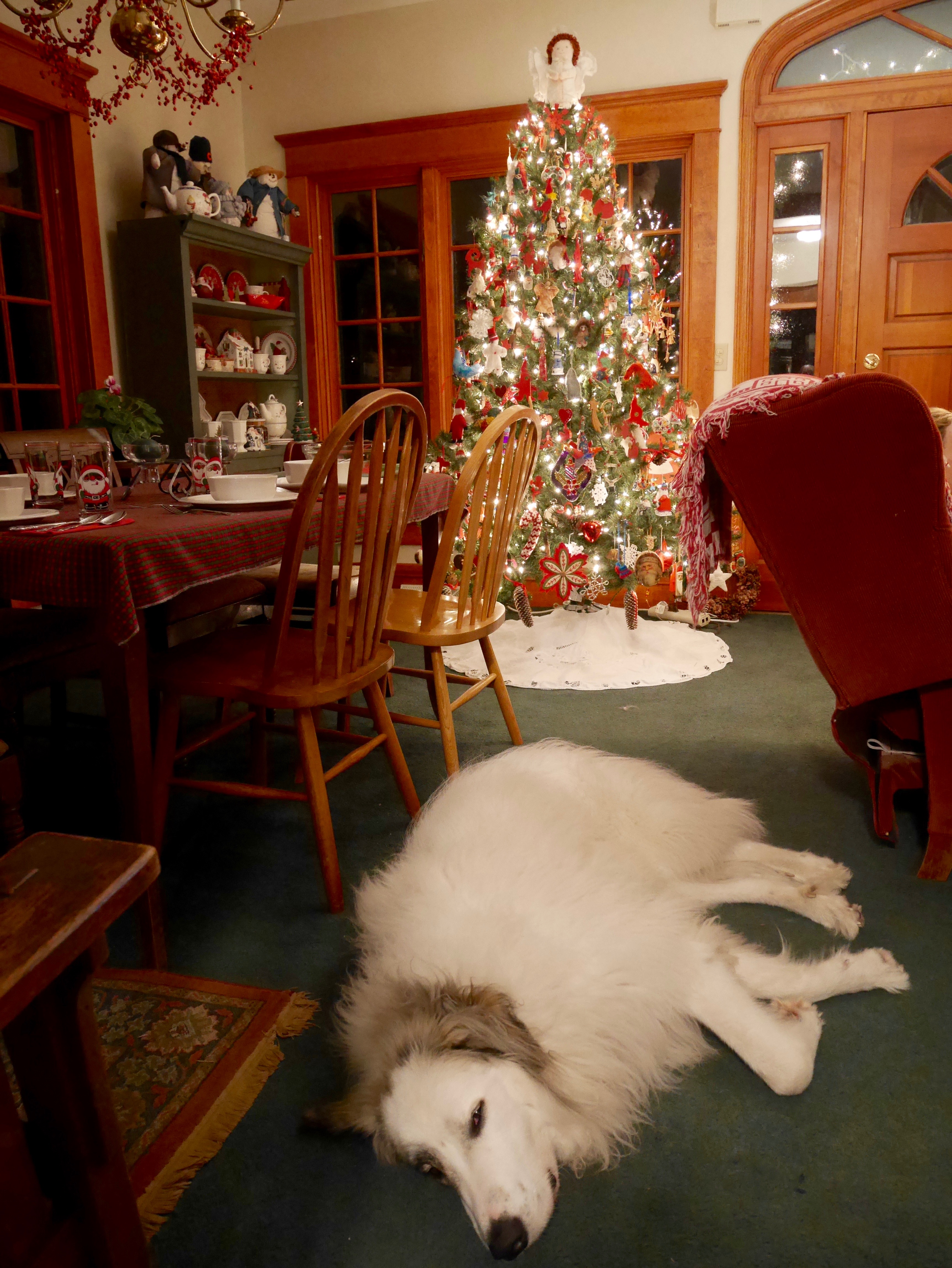
Recommend to me some good books and prove to me that I have a reader or two:)
